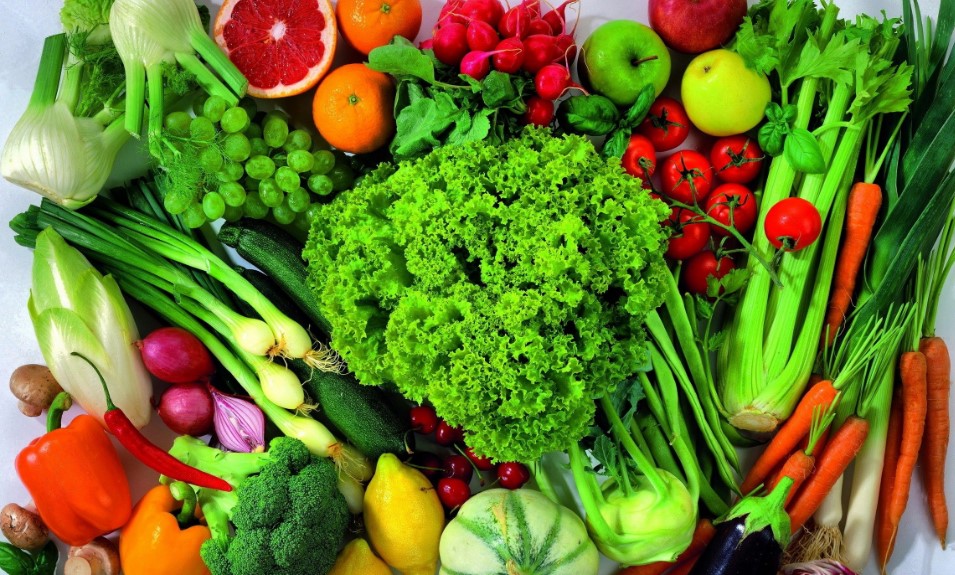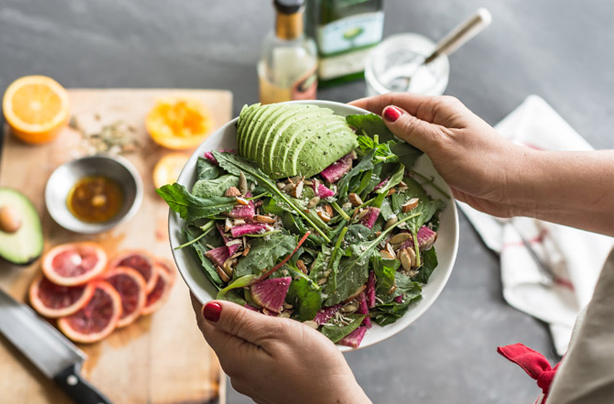A College Guide for Eating Healthy
Healthy lifestyle becomes a real cult of our days. People strain to order healthy food in restaurants, cook at home and take for a snack to the school, college or office. Students find this task the most difficult since they do not live at home but mostly in a dormitory or rented accommodation where their possibilities to cook can be limited. Also, on the way to a healthy diet they can meet another significant obstacle like using semi-finished products because of lack of time for regular cooking, limited budget for ration, eating the junk food because others do, alcohol abuse because of frequent parties, etc.
Healthy diet in the college is a skill that demands discipline, planning and deep awareness of what do you eat. And nevertheless, it is possible and even not so difficult as it may seem at first sight. You just need some time to make it your habit, and then it will serve to you and your wellness. The next tips prepared by essays kingdom will be helpful to the students that are interested in healthy eating in the college.

-
Add to you ration more “live” food
Under the words “live food” are meant the products of the natural origin and the dishes from them. Try to use in your cooking less semi-finished food, pomme frites, chips, hamburgers and industrial sweets. All overly processed meal contains a lot of fat, sugar, salt, and harmful supplements that cause addiction, digestion disorders, loss of vitality, and in the future lead to more serious health problems, like anemia, heart failure, liver cirrhosis, diabetes and many others. Live food in its turn contains a wide range of nutrients, vitamins, and minerals that our body needs for normal functioning. Check the labels while making purchases and use more natural ingredients for cooking; they will supply you with the required energy and wellbeing.
-
Stock up with healthy products
When you have a variety of healthy meal you will less likely direct your steps to the supermarket to buy chocolate, pizza or hamburger. Not to eat junk, stop to buy it. For this purpose, attend the grocery store with a list and follow it strictly. And do not forget to eat before it to avoid the impulsive purchases. Different kinds of cereals and groats, muesli, milk products, eggs, white meat, fish, vegetables, fruits, whole grain bread and pasta, nuts and dried fruits are your “first aid kit” that you need to have on the kitchen if you want to gain a habit of eating with use for your body.
-
Eat raw fruits and vegetables every day
Fresh fruit surely have to be present at your diet! For example, bananas are a great source of potassium and vitamin B6 which are necessary for the good functioning of the nervous system, especially during very intense, stressful periods of life, as examinations. Apples are rich with vitamin C and iron that ensure the proper functioning of intestines. Berries, thanks to the antioxidants, strengthen the immunity. Practically any fruit contains a lot of cellulose which stimulates proper digestion. Having fruit as a snack is convenient since it shouldn’t be cooked. Place it in your backpack before going to college in the morning and provide your body with fast and good energy when you get hungry. It is much more rational decision than to eat a hot-dog bought at the next corner.

-
Revise what do you drink
Irrespective of how healthy you eat; the drinks can nullify all your efforts to be fit. The majority of drinks (juice, coffee with cream and toppings, sweet sparkling water) contain a huge amount of sugar which is fast carbohydrate and at once become deposited in the fat depot, including the fat on the internals. Alcohol also contains excess calories and washes away useful substances from an organism and interferes with their good digestion. Remaining at a party late and taking alcoholic beverages, you will hardly be able to avoid a night snack. Choosing a drink, be careful with the consumption of sweet cocktails as they differ in high caloric content. The number of calories in some cocktails exceeds a mark of 600 calories, and it is around the third part of your daily diet!
-
Plan your meal
Meal of the vast majority of students is chaotic and has no system. To choose the easiest course of action, the collegians get into a trap of cheap menus, buying fast food in the closest cafe that, eventually, lead them to the unfortunate results: among numerous problems with health is observed increasing fatigue and obesity. Junk food is not characterized by high content of the valuable nutrients and represents the real bomb of calories. To avoid the temptation to take a bite with hamburger once again, plan what you will eat during the whole day and cook the food in advance. When all the meals are thought out, the problem of “searching” of food disappears because you have already provided everything needed. There are no reasons and justifications to put in a mouth a piece of something harmful.
-
Drink a lot of water
Student’s life is very eventful. Which collegian will keep in mind that he needs to drink not less than 1,5 liters of water daily if he is entirely engrossed by lectures, practical training, parties and maybe even part-time jobs? Also, if you are wild about Coca-Cola and other carbonated drinks, you have to understand once and for all that water is the primary drink providing an excellent work of an organism. If you quite frequently suffer from a low energy level, then possibly it is explained by a lack of liquid of your body. Leaving the house, take a small bottle of still mineral water.
-
Supply the organism with magnesium
Probably, the last thing you think about during the examinations is healthy nutrition. But during this period your organism more than usually needs vitamins and minerals. You can provide them through the diversifying your menu. If you realize this need, then fill the refrigerator with vegetables. Spinach is very rich with magnesium; therefore, do not forget about it, especially if you are under stress. The lack of magnesium results in the increased fatigue and headaches. Pumpkin seeds (eat them in the raw variant), almonds and haricot are also rich with magnesium.
-
Granola bars in “emergency cases”
Even if you plan the meals, sometimes occur force majors – you have overslept, are too busy with affairs, have forgotten to buy some ingredient without which you cannot prepare a dish or even have allowed yourself to be lazy once and not to spend time for cooking. It is recommended to foreknow such cases and not to miss the meal. Protein or muesli bars will be the fine decision in this situation. With their content, they can replace a full meal. They are perfect to store and convenient to take them to go. But pay attention to the ingredients buying such bars because their quality can be different. Choose the option with natural ingredients, high content of cellulose and lack of the refined sugar.
